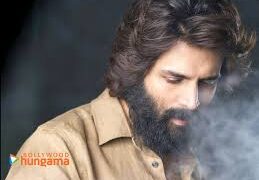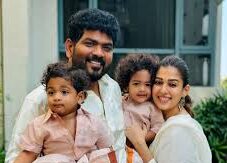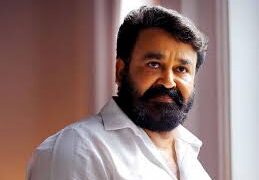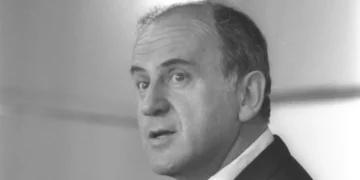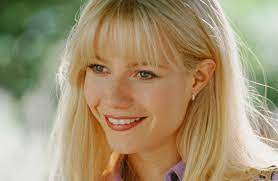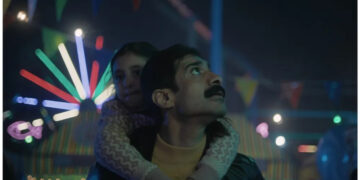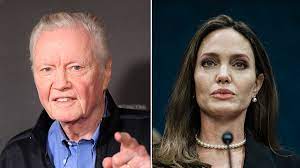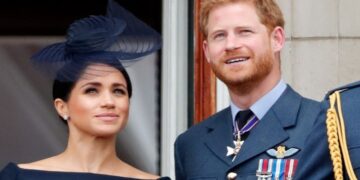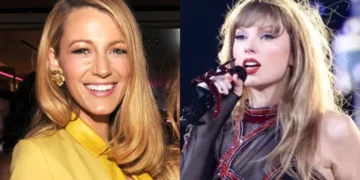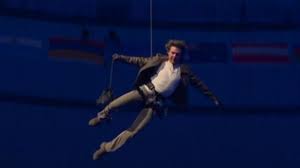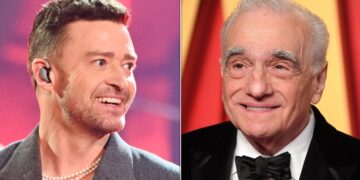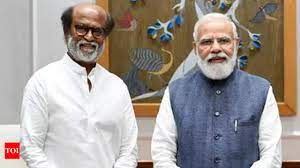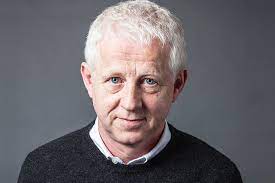In a recent episode of the London Love Stories podcast, renowned filmmaker Richard Curtis looked back on his directorial debut, ‘Love Actually,’ acknowledging its shortcomings in terms of diversity and cultural representation. Curtis expressed a desire to have included more religions in the film, citing the omission of celebrations like Hanukkah and Diwali.
The 2003 romantic comedy, known for its star-studded cast including Hugh Grant, Liam Neeson, Colin Firth, Emma Thompson, Keira Knightley, and Chiwetel Ejiofor, received criticism for its lack of diversity, cruel jokes, and stereotyped characters. Curtis admitted that the film failed on a cultural level and discussed a deleted LGBTQ storyline that featured veteran actresses Anne Reid and Frances de La Tour.
The axed scenes involved 88-year-old Anne Reid portraying a lesbian headmistress interacting with 64-year-old Emma’s character and her family, along with a terminally ill partner named Geraldine, portrayed by 79-year-old Harry Potter actress Frances de La Tour. Although these scenes were cut from the film, they were later released in home media editions.
Curtis expressed regret for the fat-shaming jokes present in the script, particularly aimed at Martine McCutcheon’s character Natalie. The character was referred to as “the chubby one” in the movie’s script, and Curtis admitted to being called out by his own daughter, 28-year-old writer Scarlett Curtis.
Looking back on ‘Love Actually,’ Curtis acknowledged the need for a broader cultural spread in the film. He stated that if given the opportunity to remake the film, he would strive for a more inclusive and culturally rich narrative.
Despite its controversies, the 2003 movie remains Curtis’s most successful directorial venture. The filmmaker, now 67, continues to reflect on the impact of ‘Love Actually’ and the lessons learned from its reception over the years.











